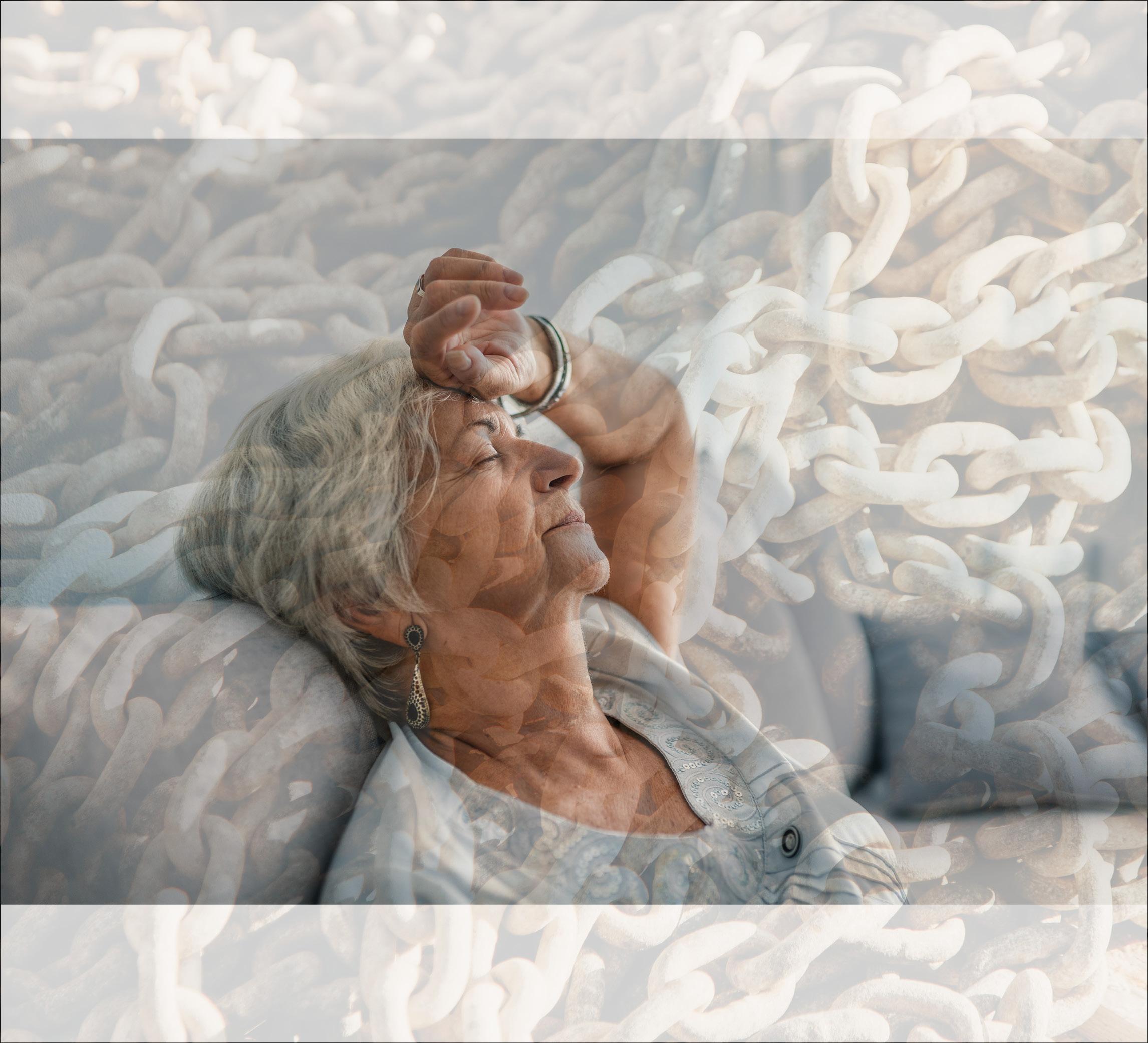Article previously published in the Cutaneous Lymphoma Foundation's Forum 2015 Issue 2 newsletter.
A question that often arises when newly diagnosed patients call the Cutaneous Lymphoma Foundation is: “What and how should I tell my friends and family?” With recognition that there is no One-Size-Fits-All answer to this and the topic could fill pages upon pages, I’m going to offer some guidelines here that allow each reader to come up with their own best solution.
Let’s begin with the “who”
Assume that you are still sorting this out and haven’t yet figured out how this diagnosis is going to affect your life in the future. Start by considering who you most want to tell. This may include the individuals that represent your closest circle of loved ones and confidantes; perhaps a spouse or partner, a best friend, a parent or sibling, or an adult child. This is the group that will likely be your core support network and the sooner you can access that support, both emotionally and practically, the better. We’re going to call this group “Tier 1”.
Next up for consideration are the people that you may not want to tell, but feel you have to tell. This group is likely to include employers or co-workers, and friends or family members that you are not as close with. We’re going to call this group “Tier 2”.
Third are the people that you may not know personally, but want to tell for reasons of accessing or offering support. Perhaps you wish to join an online network or a support group, or you want to participate in a community fundraising activity as a survivor. We’re going to call this group “Tier 3”.
Finally there are the people that you simply don’t want to tell. There are countless reasons you may not want to share your diagnosis with someone and you don’t have to justify that but keep in mind that once you start telling people in the first three tiers it may be harder to keep your diagnosis a secret. We’re going to call this group “Tier 4”.
Closest Circle of Loved Ones and Confidantes
With this group I recommend sharing the news of your diagnosis as soon as you feel ready. Perhaps schedule time to talk one-on-one. Leave some time for your loved one to ask questions. Tell them how they can best be helpful and supportive of you and tell them what you do not think will be helpful. Always remember that no matter how well someone knows you, this is probably new terrain for both of you. Clear communication will work better than mind-reading.
People that You May Not Want to Tell, But Feel You Have to Tell
Take your time with this group. Give yourself a chance to think about what details you want to share and what details you prefer to keep private. I generally advise starting by sharing what you feel is absolutely necessary to disclose and you can always expand upon that later. If having a discussion with your employer, it would be ideal to first know what kind of accommodations you may need regarding your job (i.e. if you will need to take some time off work for doctor’s appointments and treatments) and what benefits are available to you.
With friends and family in this tier, consider what they might need to know with regard to practicalities. For example, do you need someone to cover your car-pooling shift? Will you be doing a treatment that compromises your immune system and means limiting your exposure to someone with a bad cold? Is there someone who can be helpful in connecting you to resources that you need access to? There are many reasons you may find it helpful to tell someone about your diagnosis even if they are not part of your closest inner circle. If they ask for more information that you don’t want or need to share, explain what you are comfortable talking about. Ask that they honor your need for privacy otherwise. Maybe that won’t satisfy them, but you have every right to set whatever limits you choose.
People You Don't Want to Tell
As noted before, once you have started sharing with Tiers 1-3 you may not be able to keep all of Tier 4 in the dark. My suggestion is that when you start sharing the news of your diagnosis with anyone, friend or stranger, let them know your preferences around privacy. If it is very important to you that they never discuss this with others then say so.
Lastly I want to return to the earlier point that you cannot control how people will respond.
Remember that the information you are sharing is new to the other person and they may say or do something that doesn’t feel right to you. If the person is someone you love and trust, try to extend that love and trust to this experience and help them through it. Tell them what you need and what you don’t need. Give second chances and allow people a chance to learn. A diagnosis of cutaneous lymphoma and the journey that follows is often more interesting and always more manageable when you are not traveling it alone.

